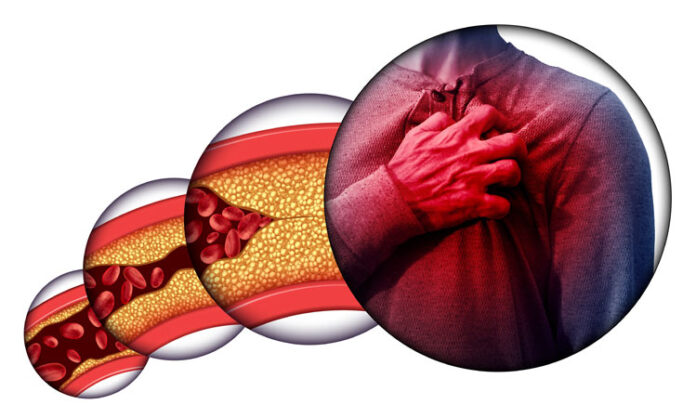Adopting certain habits can help reduce bad cholesterol (LDL) and prevent heart disease. Here’s a breakdown of lifestyle changes that can benefit your heart health:
1. Healthy Eating Habits
- Increase Fiber Intake: Foods rich in soluble fiber (like oats, beans, lentils, fruits, and vegetables) help reduce LDL cholesterol. Fiber binds cholesterol in the digestive system, which helps excrete it from the body.
- Eat Heart-Healthy Fats: Focus on unsaturated fats, such as those in olive oil, avocados, and nuts, which help improve cholesterol levels. Avoid trans fats and limit saturated fats (found in red meat and full-fat dairy), which can raise LDL.
- Add Omega-3s: Omega-3 fatty acids (found in fatty fish like salmon, walnuts, flaxseeds) lower triglycerides and may raise HDL (good cholesterol), protecting the heart.
- Include Plant Sterols and Stanols: These substances, found in fortified foods, block the absorption of cholesterol in the intestine.
- Use Jaggery in Moderation: Since you are incorporating jaggery in your diet, it’s better than refined sugar and contains some minerals, but still, it should be consumed in moderation to maintain overall health.
2. Physical Activity
- Exercise Regularly: Aerobic exercises like walking, cycling, swimming, and running help raise HDL and lower LDL. Aim for at least 30 minutes of moderate exercise most days of the week.
- Strength Training: Lifting weights or doing bodyweight exercises (like squats, push-ups) twice a week can also improve heart health by maintaining muscle mass and metabolic rate.
3. Maintain a Healthy Weight
- Lose Excess Weight: Carrying extra weight can contribute to high cholesterol. Even a modest weight loss (5-10% of your body weight) can help improve cholesterol levels.
- Portion Control: Watch portion sizes to avoid overeating, which can lead to weight gain and negatively affect cholesterol levels.
4. Avoid Smoking
- Quit Smoking: Smoking damages blood vessels, lowers HDL (good cholesterol), and raises LDL. Quitting can quickly improve heart health and reduce the risk of heart disease.
5. Limit Alcohol
- Drink in Moderation: If you drink alcohol, do so in moderation (one drink a day for women, two for men). Excessive alcohol can raise triglycerides and contribute to high cholesterol and heart problems.
6. Stress Management
- Manage Stress: Chronic stress can lead to unhealthy behaviors like overeating or smoking, which negatively affect cholesterol and heart health. Practices such as meditation, deep breathing, and yoga can reduce stress and improve heart health.
7. Get Enough Sleep
- Prioritize Sleep: Lack of sleep can lead to increased cholesterol levels and higher blood pressure. Aim for 7-9 hours of restful sleep per night.
8. Regular Health Checkups
- Monitor Cholesterol and Blood Pressure: Get regular checkups to track your cholesterol and blood pressure levels. Early detection and treatment are key to preventing heart disease.
By making these habits a part of your daily routine, you can significantly reduce bad cholesterol and keep heart diseases at bay.



